In a recent poll, I asked: “Within their possible agency, what’s more important to children’s futures than how well they can learn?”
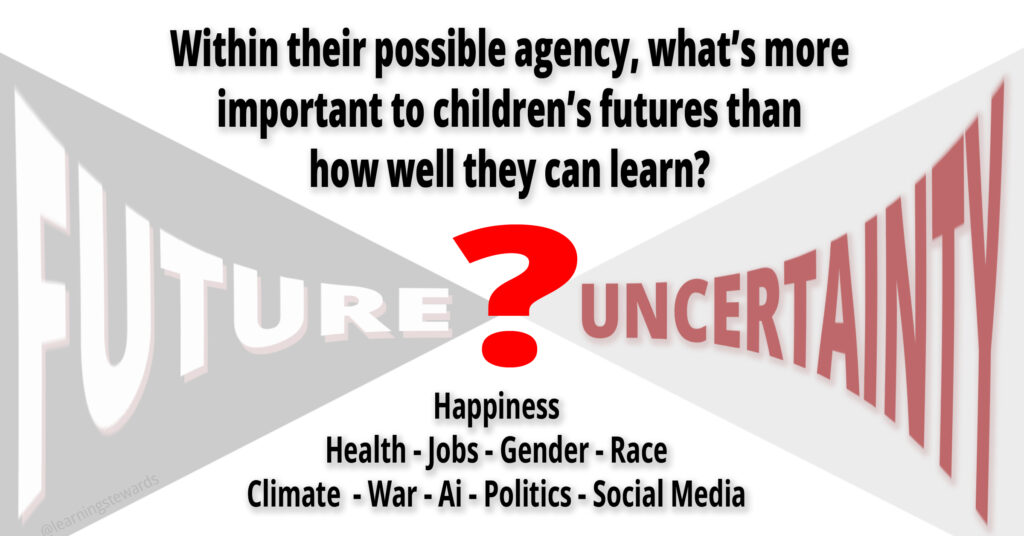
I gave two quick-choice responses and invited comments:
1 – Some things are more important
2 – Nothing is more important
Between LinkedIn and Facebook, the poll received around 10,000 impressions, but only 20 votes and 11 comments. Friends and allies asked their friends and supporters who didn’t respond why they didn’t. Some people thought the question was confusing while others thought it was just too risky to respond to. Think about that.
Fifty-three percent of the respondents voted #1 (Some things are more important). These were the words used they used to describe what they thought was more important than “how well children can learn”:
Self, Fear, Ego, Self-Love, Love, Passion, Compassion, Integrity, Will, Hope, Art of Joy and Creativity, Freedom, Justice, Peace, Self-Awareness, Purpose, Joyful Living, Blissful Life. Knowing they are loved, feeling safe in their environment, and being healthy. Purpose and self-worth. Sharing their thought and feelings.
I wrote back to each of the commenters with a personalized variation of this:
All children feel love, hope, fear, passion, compassion, joy, creativity, and peace (and many other things including anger and shame). The difference between their capacities for such feelings and how they are expressed in their lives depends on their learning. Are the attributes you list any different in a child than they are in an adult? Is there a difference between toddlers knowing and feeling loved and safe in their environments and adults knowing and feeling loved and safe in theirs? How does a child come to have an adult’s purpose and self-worth other than by learning? How does a child become able to share their thoughts and feelings except through learning? Being healthy, especially in a world that profits from unhealthy behaviors, depends on how well a person learns to be healthy. The leading cause of preventable death is lifestyle. Lifestyles are learned.
Within each child’s possible agency-ability to affect who they become as adults, everything we could possibly think is more important than learning depends on learning. If everything we think is important depends on learning, then learning must be what’s most important.
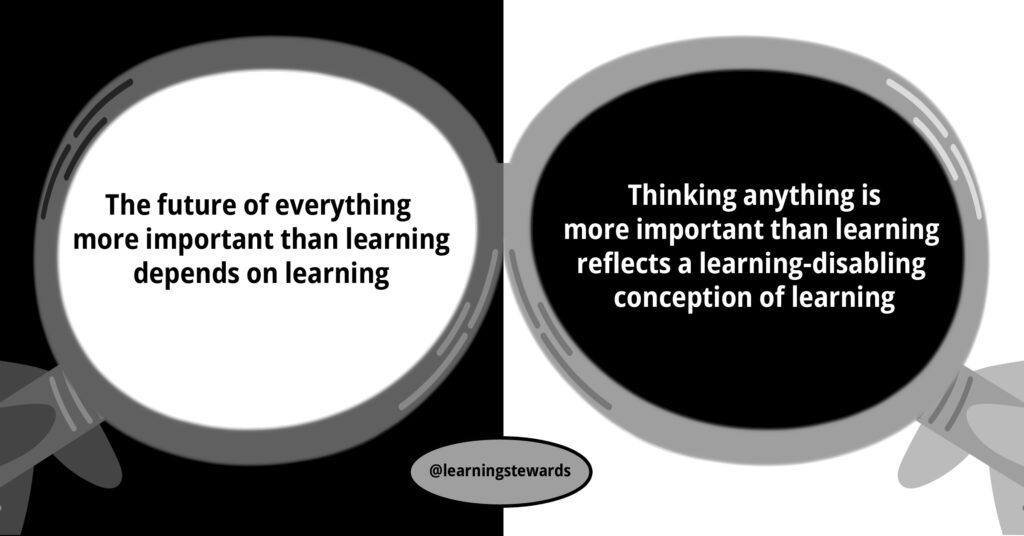
The reason this is so important to understand is that not understanding this is learning disabling. When we attribute our behaviors to causes other than learning, we diminish our agency to learn otherwise.
What I learned from the poll is that most of the people who responded, and I think most people in general, have a conception of learning that is disabling their learning.
For more:
| Redefining Learning | 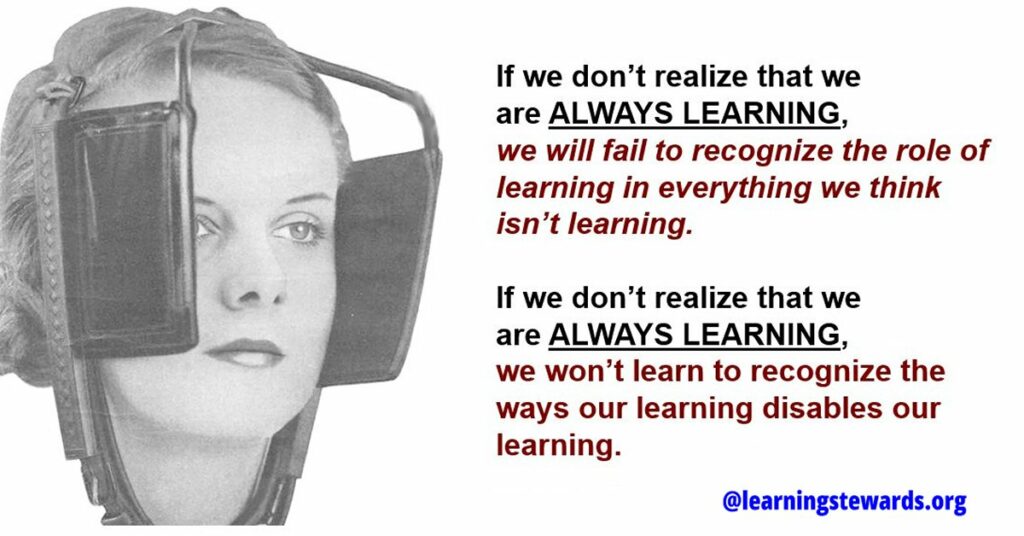 |
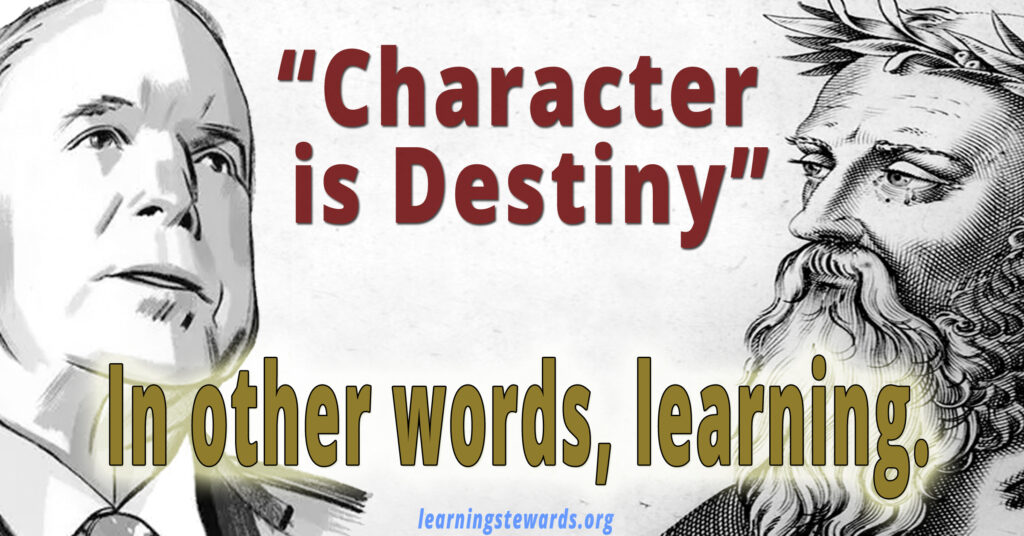 |
Learning Character |
| Learning to Choose | 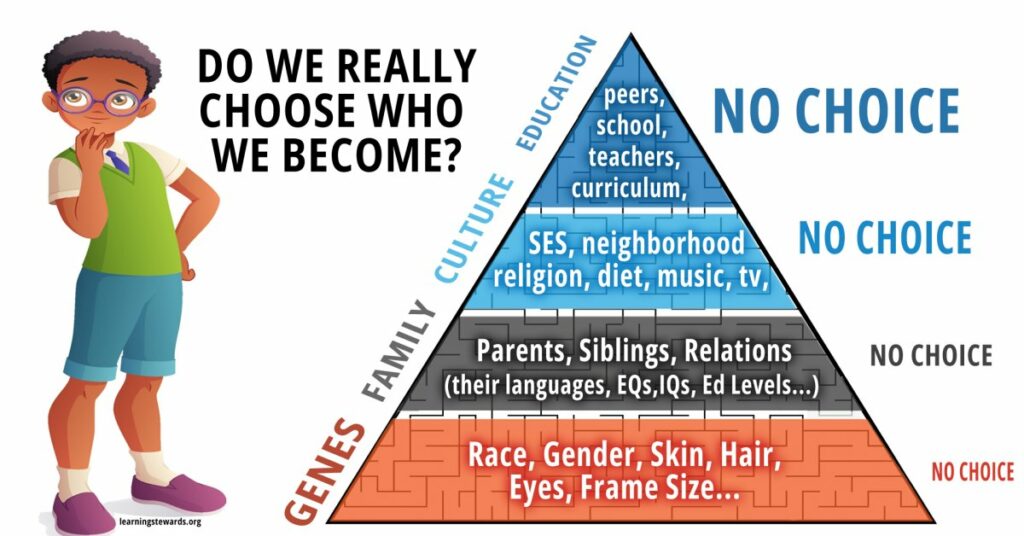 |
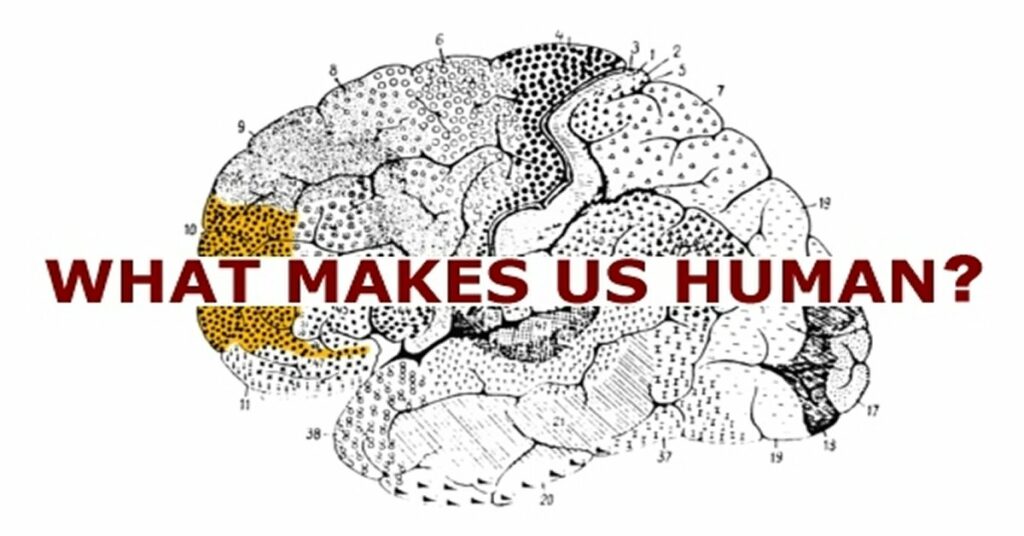 |
Learning to be Human |
| Lifetime Learning |
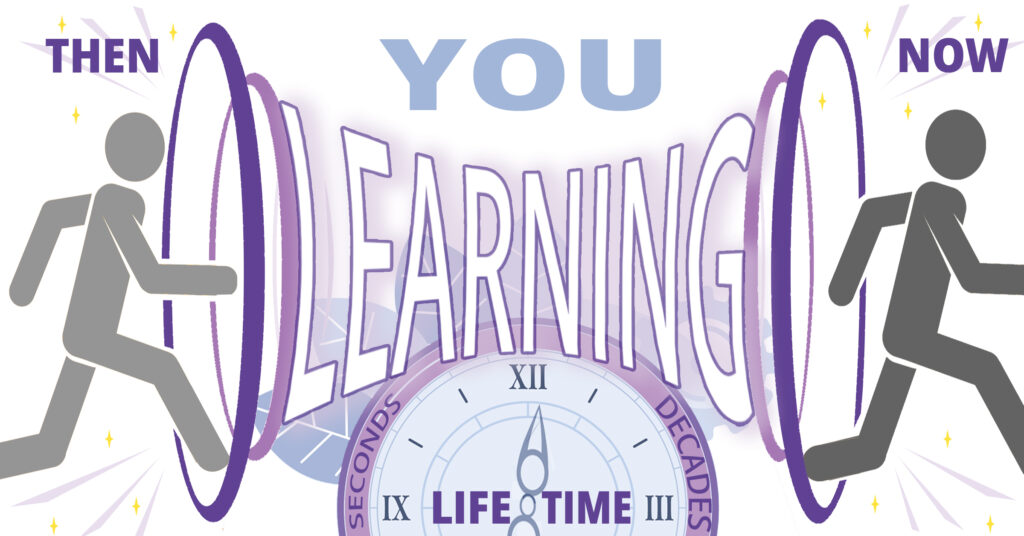 |
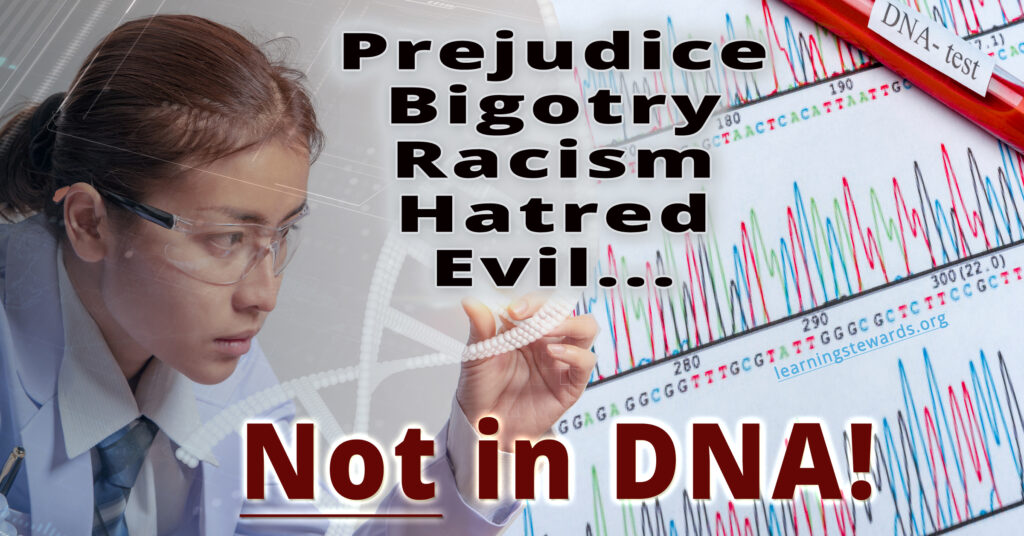 |
Unhealthy Learning |
| Learning Together |
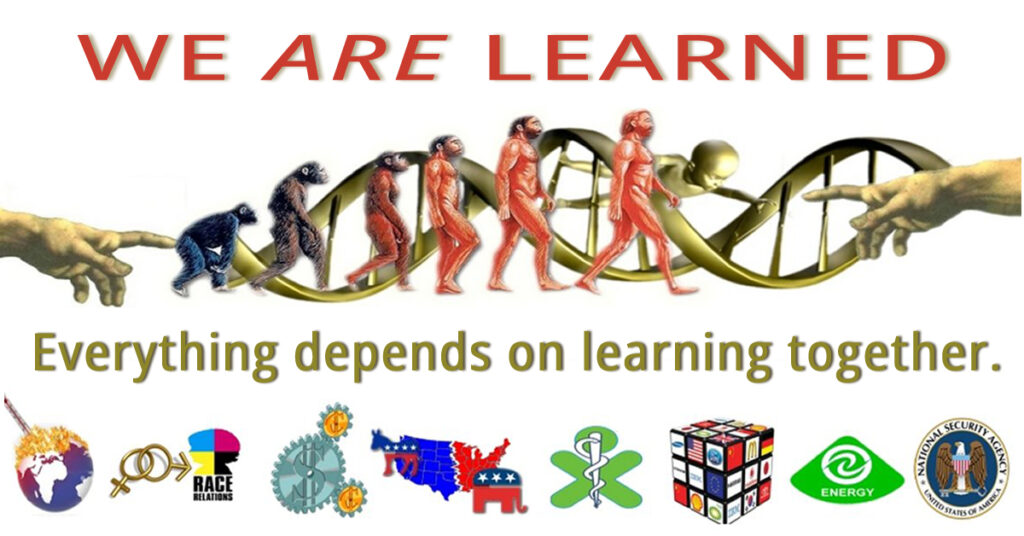 |
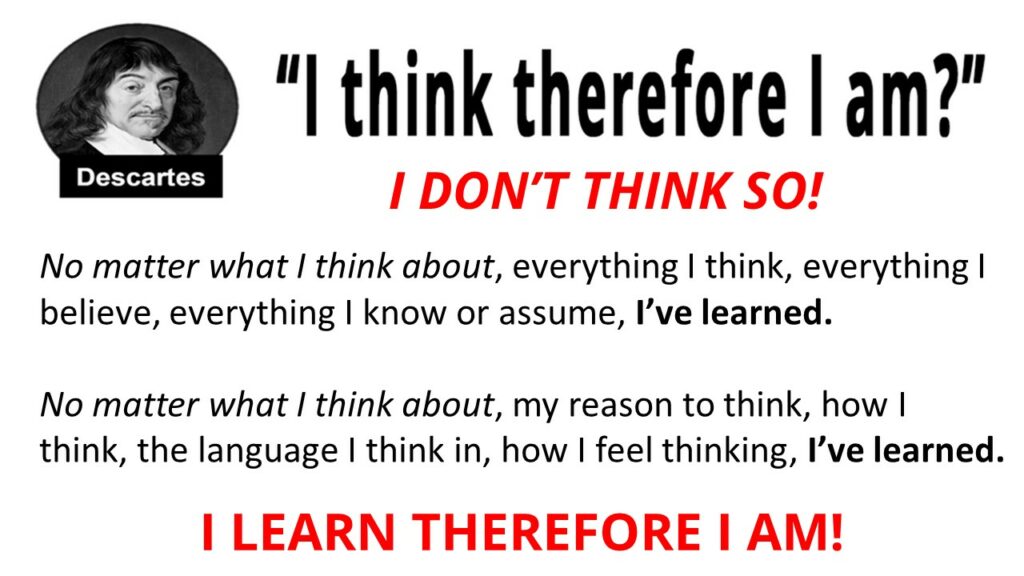 |
I AM Learning |

[…] NOTHING! […]